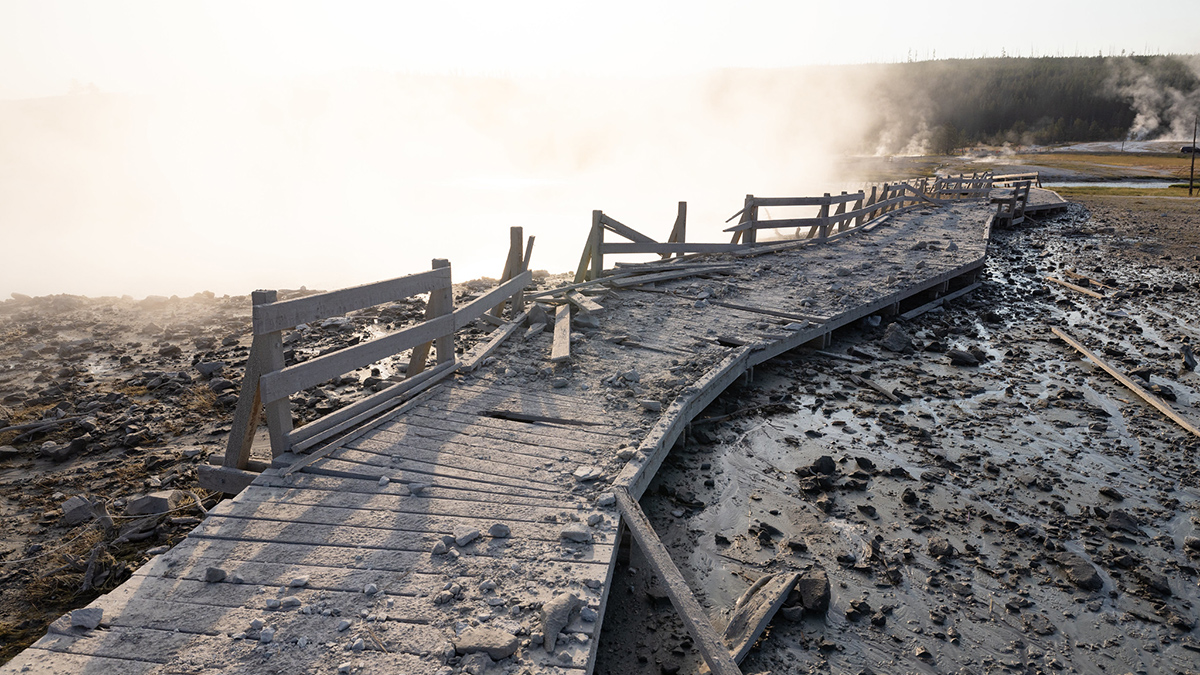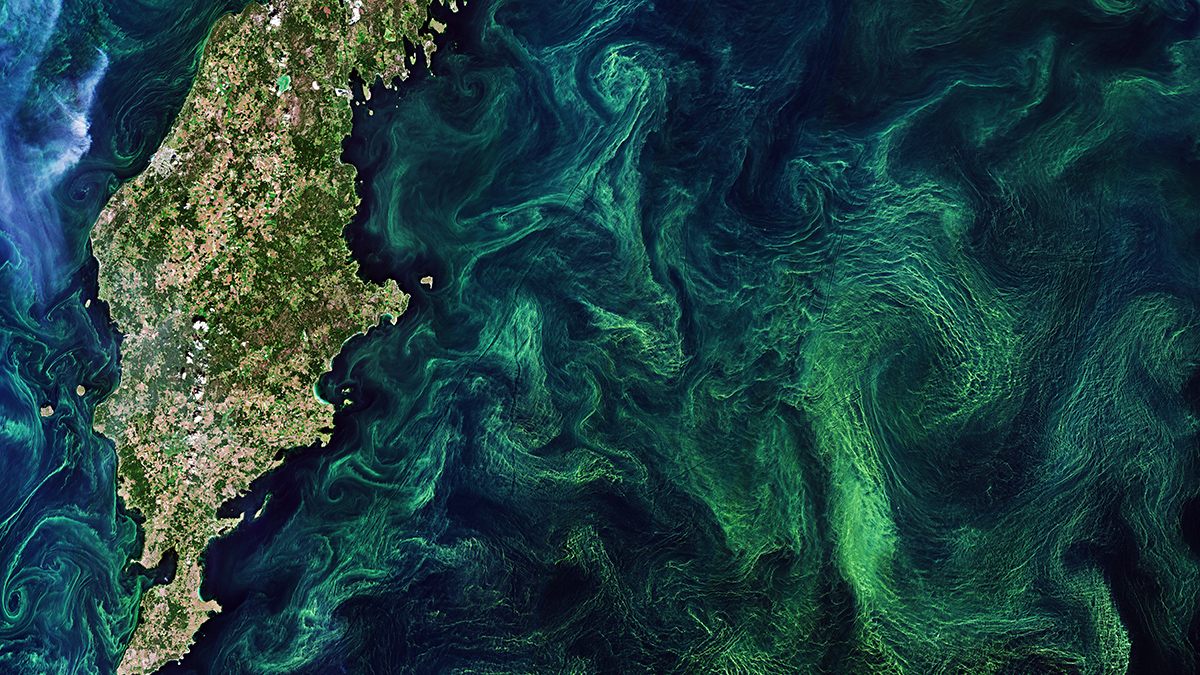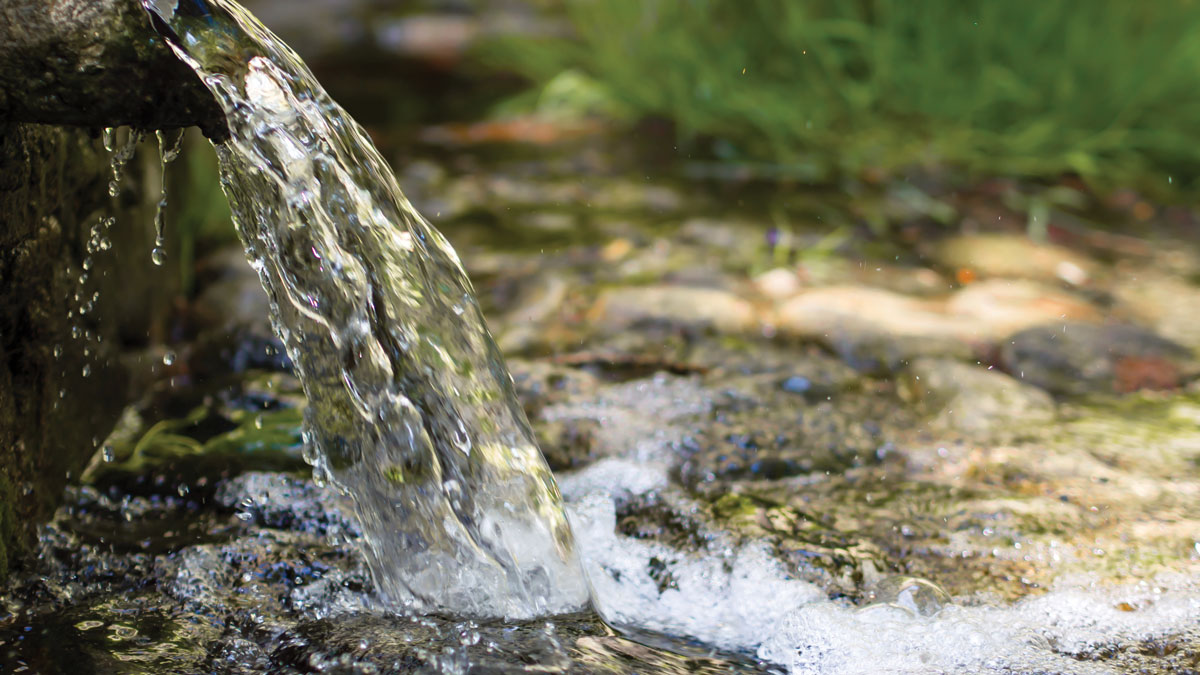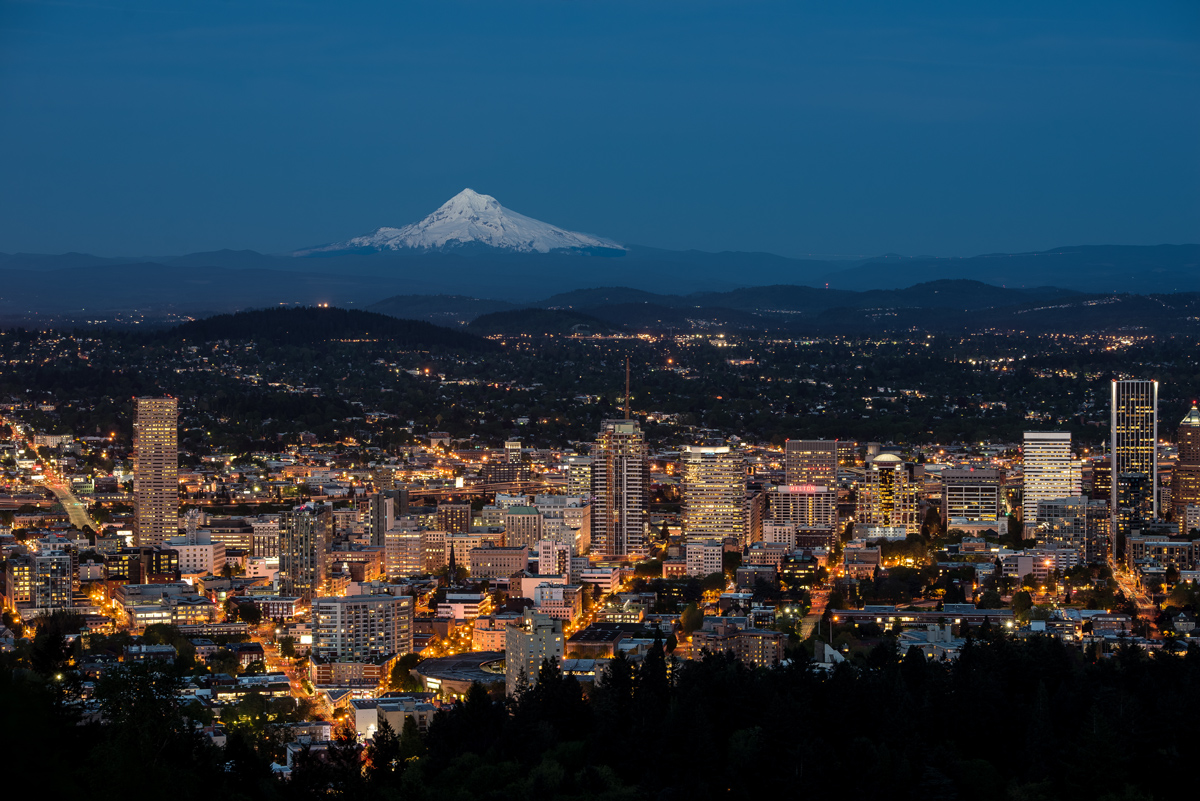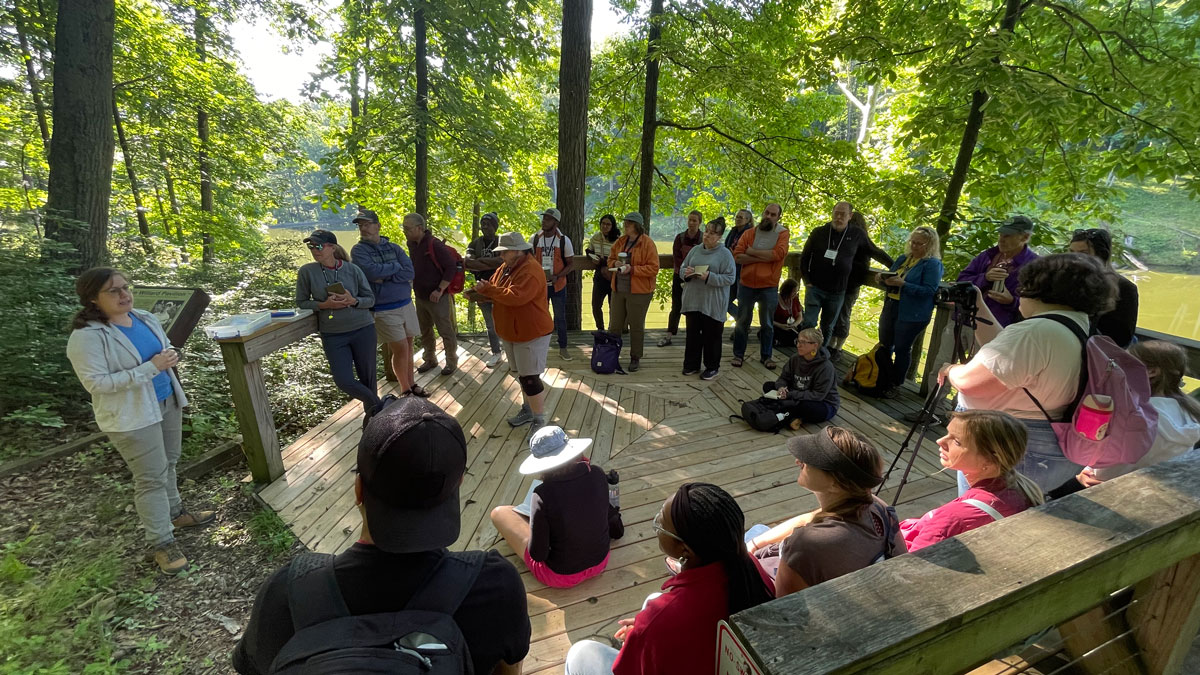Tourists and officials were startled by a hydrothermal explosion at Black Diamond Pool in July 2024. Geoscientists are working out how and why it occurred to better understand these hazardous events.
Features
Could Bubbling Oxygen Revitalize Dying Coastal Seas?
Reoxygenation approaches have shown some success in lakes, but their potential risks must be examined carefully before they’re implemented as solutions to improve the health of coastal waters.
Delegations Drive One Water Dialogues
Proactive approaches allow water practitioners to address issues in innovative, inclusive ways.
Cómo pueden los vulcanólogos mejorar la resiliencia urbana al cambio climático
Las estrategias pensadas para ciudades enteras para hacer frente al cambio climático pueden beneficiarse de los conocimientos de los vulcanólogos, que llevan mucho tiempo adaptando la información y la comunicación sobre riesgos a las comunidades locales.
A Dragonfly for Titan
A new eight-rotor robotic probe will head to the solar system’s most Earth-like moon. Here’s what its team is doing to prepare.
How to Build the World’s Highest Mountain
The rocks of Mount Everest’s peak made an epic journey from seafloor to summit.
Integrating K–12 Teachers into Climate Education
Scientists and schoolteachers have teamed up to design training and classroom materials that help educators understand and teach the complex topic of climate change to tomorrow’s leaders.
De los datos a las decisiones: cambiando las prioridades en las observaciones de la Tierra
La NASA está actualizando la forma en la que diseña e implementa las misiones de las Ciencias de la Tierra, para garantizar que sus datos y ciencia lleguen a los usuarios y a los responsables de la toma de decisiones de forma más rápida y eficaz.
A Major Miner Problem
Economic geology, mining, and mineral resources programs are working to meet the needs of an industry that’s struggling to find employees—at a time when some say they’re needed more than ever.
How Volcanologists Can Improve Urban Climate Resilience
City-level strategies to cope with climate change can benefit from the insights of volcano scientists, who have long customized hazard information and communications for local communities.

